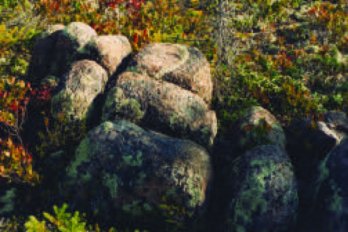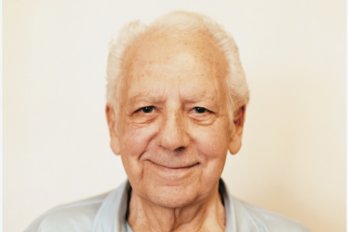“I travelled to Niger, where there were dire food shortages — people on the verge of starving to death because they didn’t have a few cents worth of food. In the larger cities, aid agencies had established emergency feeding centres where mothers from smaller villages could bring their children. At the clinic I visited, there were between three and four hundred mothers.
“I had food poisoning that morning and was not feeling well enough to go into the villages, so I sat in a tent with a dozen mothers, interacting with them when I had enough strength. In these situations, twenty-four hours of intravenous treatment can turn a child’s condition around. Without treatment, most of them would be dead within a day or two. Of course, they need to continue receiving enough nutrients to fully recover, but the turnaround from nearly dead to regaining vitality is striking. Still, even with treatment, one of the children in the tent died later that morning.
“Many of the women were not comfortable being photographed. They would turn away or pull their headscarves over their faces. Fatou Ousseini, the mother in the photograph, didn’t seem to mind and smiled at the camera once or twice. I was just sitting down, resting and watching her and her little boy, Alassa. His hand reached up from where he was lying and touched her on the nose. I saw that there was something intimate going on, so I lifted my camera and shot a few frames as his hand slid down her nose onto her mouth and rested on her lips for a few moments.
“The images we see of Africa tend to be negative. Some people will feel pity for this woman, will think of her as a victim, but what drew me to her was the expression on her face — an expression of great character, strength, and courage. It was the resilience of this woman that compelled me, and for that reason there’s hope in this picture as well. I try very hard in my work to show people with their dignity intact.”





